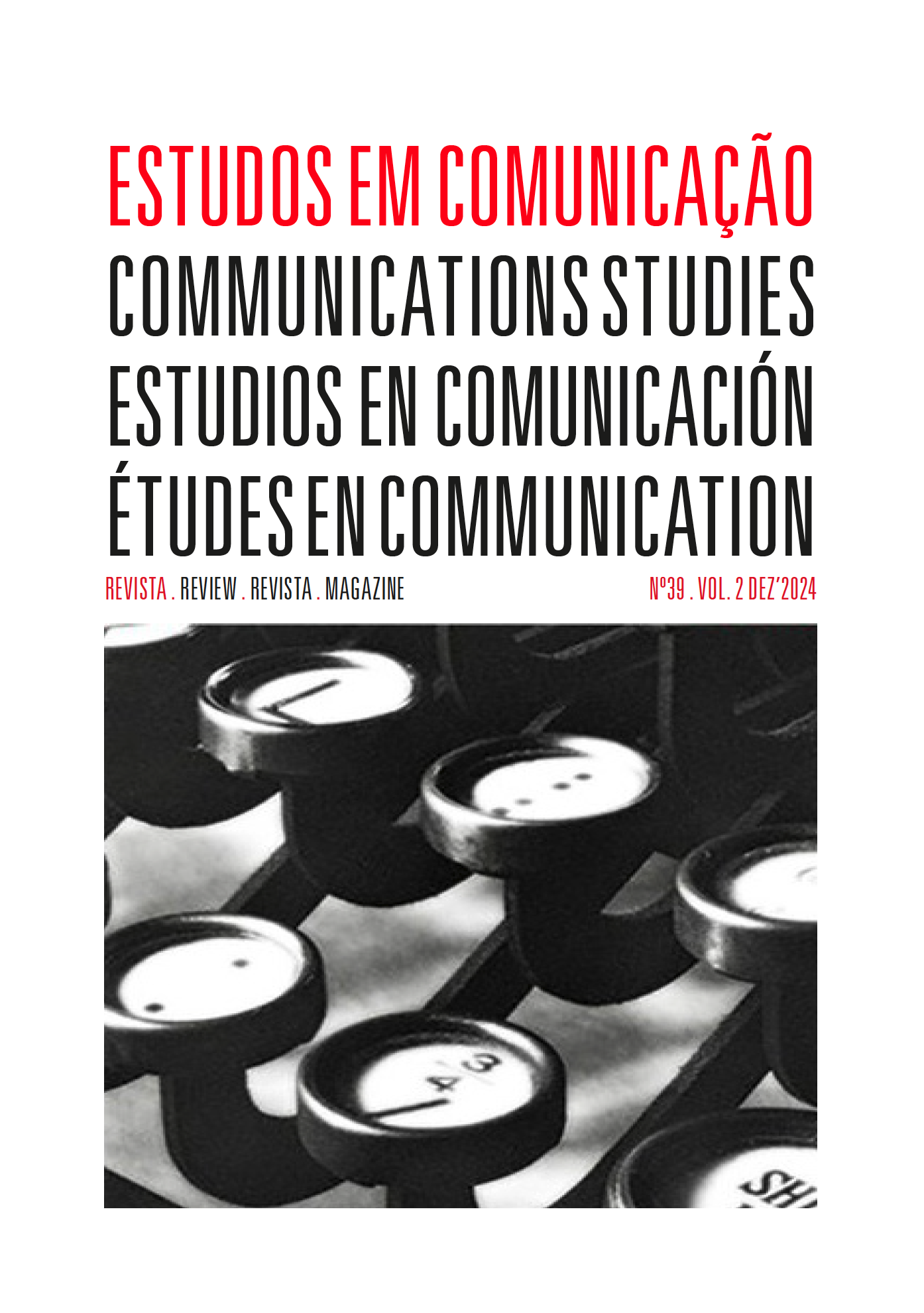Estudo do Discurso de Ódio Online em Comunidades de Jogos:
Perspetivas de Grupos de Foco com Jogadores Jovens
Abstract
This paper is part of an ongoing research on hate speech in online video game communities. Through the perspective of younger gamers, and using focus groups as a qualitative methodology, it was possible to gain an insight into their experiences with offensive messages, toxic online environments and game conduct norms. The analysis of the testimonies of 19 students disclosed what hate speech means to them, how they have been affected by it and what possible responses they imagine to this phenomenon. The findings revealed a paradoxical acceptance of toxic gaming environments, often due to desensitization. Young players' narratives pointed to power, pleasure, conformity and status enhancement as motivations for disruptive online behavior. This study aims to contribute to a broader understanding of perceptions, behaviors and motivations in online gaming communities, emphasizing the need for a collaborative approach involving players, game developers and platforms to promote a more respectful and inclusive environment.
Downloads
Published
Issue
Section
License

This work is licensed under a Creative Commons Attribution-NonCommercial-NoDerivatives 3.0 Unported License.
Estudos em Comunicação/Communication Studies is an Open Access journal. All its content is freely available without charge to the user or his institution. Users are allowed to read, download, copy, distribute, print, search, or link to the full texts of the articles in this journal without asking prior permission from the publisher or the author. Estudos em Comunicação, by Labcom, is licensed under a Creative Commons Atribuição-NãoComercial-SemDerivações 3.0 Unported License. By submitting your work to Estudos em Comunicação/Communication studies you confirm you are the author and own the copyright, that the content is original and previously unpublished, and that you agree to the licensing terms.


